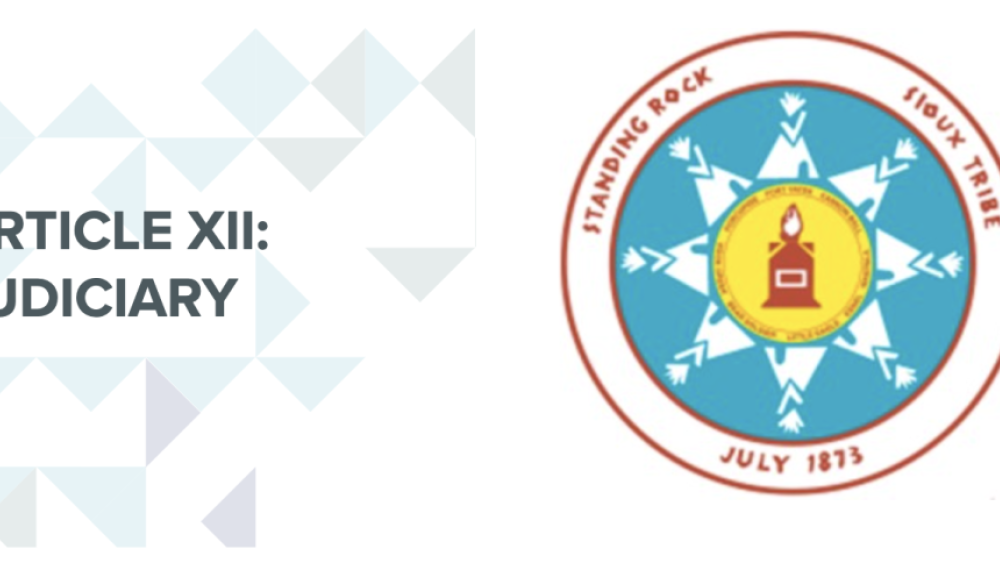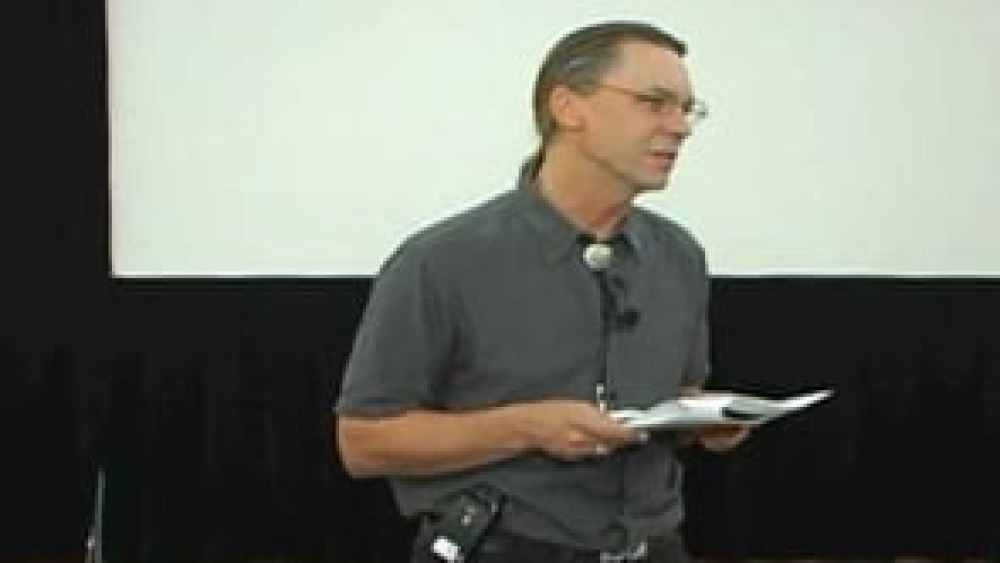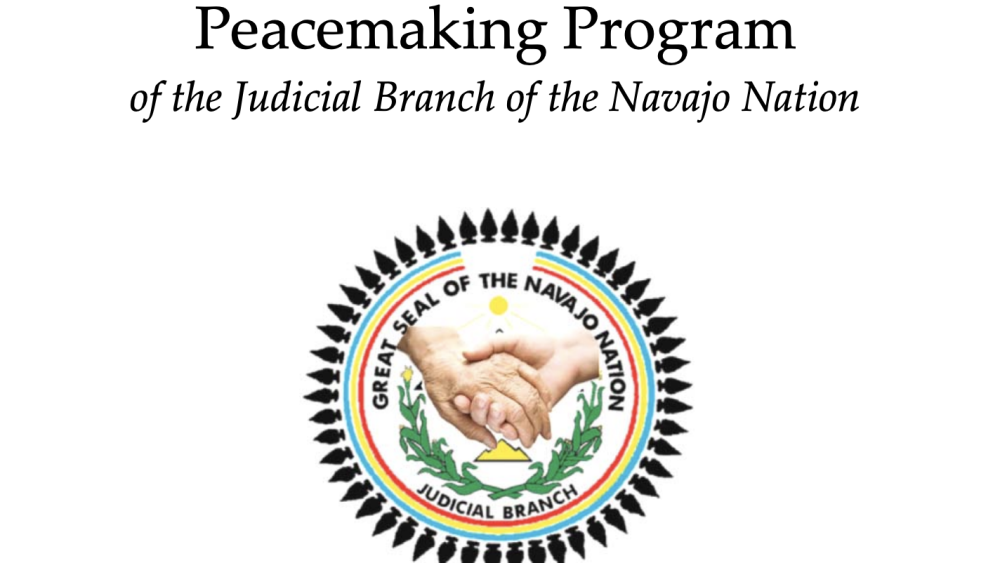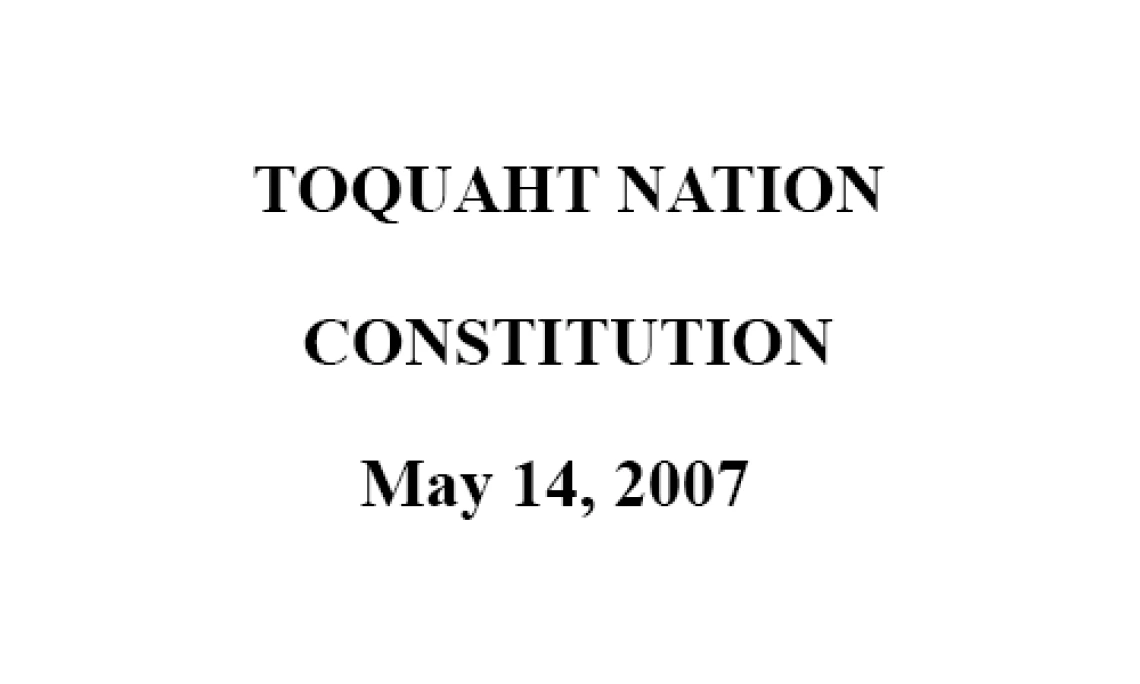CHAPTER 7: DISPUTE RESOLUTION
7.1 On the Effective Date of the Maa-nulth Treaty, the Toquaht Council shall bring into force and effect a Toquaht Nation dispute resolution law which shall provide for, among other things, a public body to address disputes with the Toquaht Nation Government and within the community and a process for challenging the validity of Toquaht laws and a process for appealing or reviewing administrative
decisions of the Toquaht Nation Government or Toquaht Nation public institutions.
7.2 The body and power to address disputes with the Toquaht Nation Government shall be:
(a) independent;
(b) provided with the authority to conduct hearings, make recommendations
and render decisions in relation to administrative decisions;
(c) provided with the authority to conduct hearings, make recommendations,
render decisions and adjudicate disputes within the community; and
(d) provided with the authority to conduct hearings, make recommendations
and render decisions in relation to the validity of Toquaht laws.
7.3 The body and power to address disputes shall consist of three members with one chosen by the Tyee Ha’wilth and two chosen by the elected members of the Toquaht Council.
7.4 The body and power to address disputes shall be provided with sufficient resources to meet its obligations under this Constitution.
Indigenous Governance Database
Toquaht Nation: Judiciary Functions/Dispute Resolution Excerpt
Related Resources

Standing Rock Sioux Tribe: Judiciary Functions/Dispute Resolution Excerpt
ARTICLE XII: JUDICIARY The judicial power of the Tribe shall be vested in one Supreme Court and one Tribal Court. The Judges of both the Supreme Court and the Tribal Court shall initially be appointed by a two-thirds majority vote of the Tribal Council to serve an initial term of…

From the Rebuilding Native Nations Course Series: "Test: Does Your Nation Have an Independent Judiciary?"
Professor Robert A. Williams, Jr. shares a short test to help a Native nation and its leaders and citizens determine whether or not their judicial system is truly independent.

Peacemaking Program of the Judicial Branch of the Navajo Nation
The concept of peacemaking or hózh̨óji naat’aah goes back to the beginning of time and is embedded in the journey narrative. In fact, according to the journey narrative, the Holy People journeyed through four worlds. In the course of their journey, they came upon many problems, which were either…

